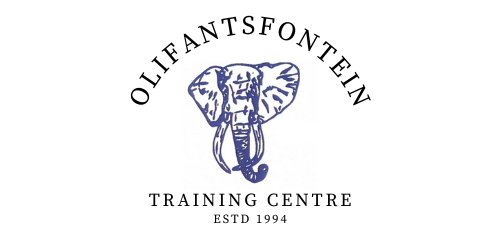Tips to choose the right mechanic training program
March 15, 2021
The Role of Continuous Learning in the Automotive Industry
August 11, 2025Why Theory Matters
Starting a career as a motor mechanic in South Africa is exciting, but it comes with its own learning curve. Many aspiring mechanics wonder why they need to learn both theory and practical skills. At OTC Training Centre, we see how these two sides of learning complement each other to create confident and skilled professionals.
The theory side covers the fundamental knowledge that forms the backbone of motor mechanics. This includes understanding how engines work, the principles of electrical systems, and the science behind vehicle safety. Without this knowledge, it’s easy to make mistakes when faced with real-world problems. Imagine trying to diagnose a complex engine fault without knowing the basics of combustion or electronic fuel injection – it would be like guessing in the dark.
The Value of Practical Experience
Practical training gives students the chance to get their hands dirty, work on real vehicles, and put their knowledge into action. Imagine learning how a diesel engine functions on paper, and then finally hearing it roar to life after you’ve done your first service – that moment builds confidence and competence. Our workshops allow students to make mistakes safely, learn from them, and develop the instincts that only come with hands-on practice.
Real Success Story
We recently had a student named Thabo who excelled in theory but lacked workshop confidence. Through combined classroom sessions and practical modules at OTC Training Centre, he went from hesitant to highly skilled. By the time he wrote his trade test, he not only passed with ease but also secured employment within a month. His journey is an example of how combining knowledge with practice leads to success in the South African motor industry.
Building a Future
Our experience at OTC Training Centre has shown that students who balance theory with practical learning thrive in workshops and pass trade tests more confidently. Theory teaches you why; practical training shows you how. Together, they make you an industry-ready mechanic who can tackle the challenges of South Africa’s busy motor industry.
Beyond employability, this blend of theory and practice also improves confidence. We have seen students who arrive nervous and unsure, and after months of structured training, they leave with the ability to diagnose, repair, and explain vehicle issues clearly to customers and supervisors alike. This level of professionalism makes a real difference in the workplace.
To add to this, many South African employers prioritise hiring mechanics who can handle both the technical and practical sides of the job. When a customer’s vehicle is repaired efficiently and correctly, it builds trust and leads to repeat business, making you an asset to any workshop.
Your Next Step
If you are serious about building a career in motor mechanics, look for a training programme that gives equal importance to classroom sessions and workshop practice. At OTC Training Centre, we provide a learning experience that ensures our students leave ready for the real-world challenges they will face. This approach not only builds skills but also opens doors to better career opportunities and long-term growth. By combining our experienced instructors, hands-on workshops, and comprehensive theory classes, we set you up for a career that is both fulfilling and sustainable.




